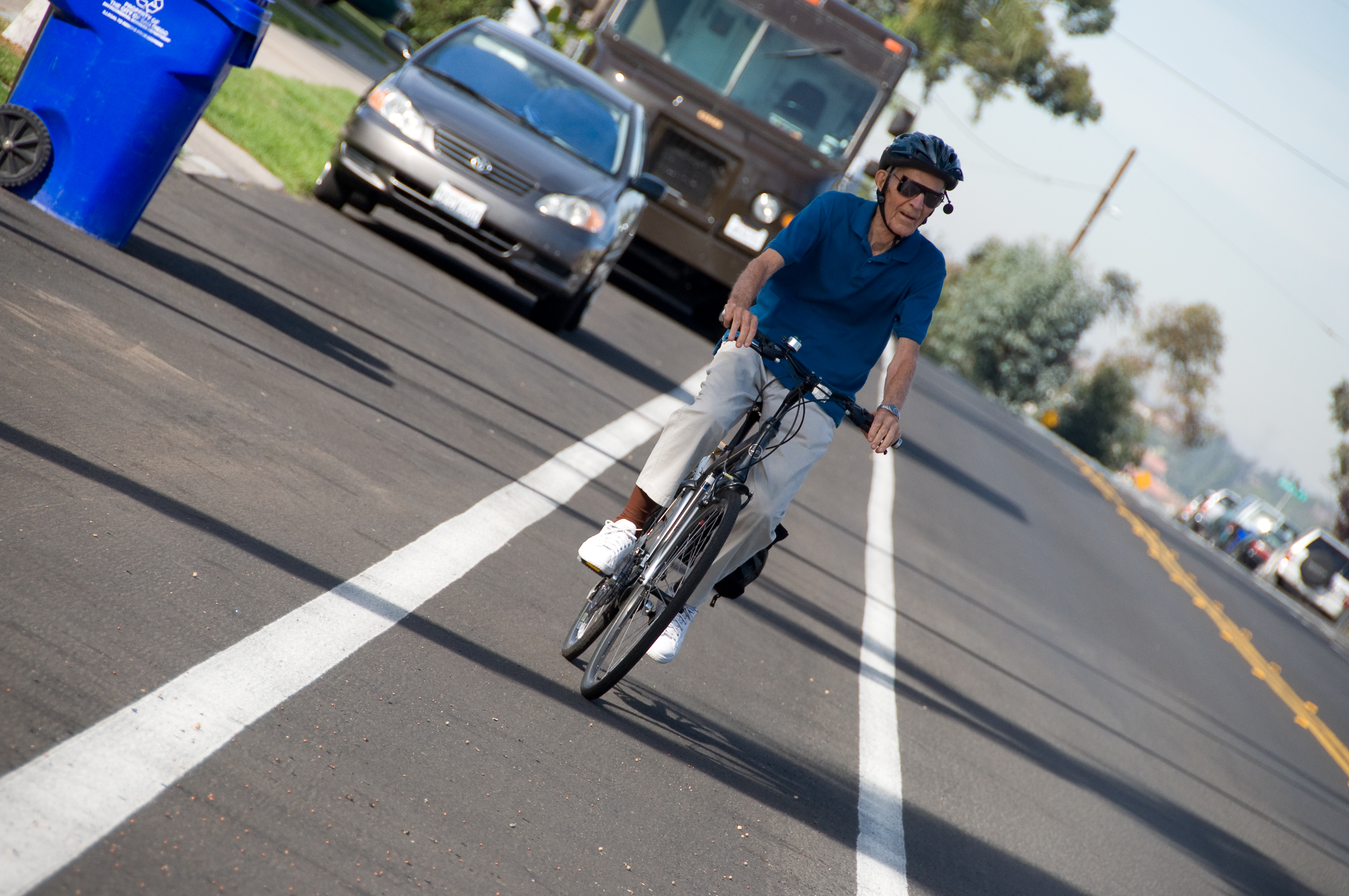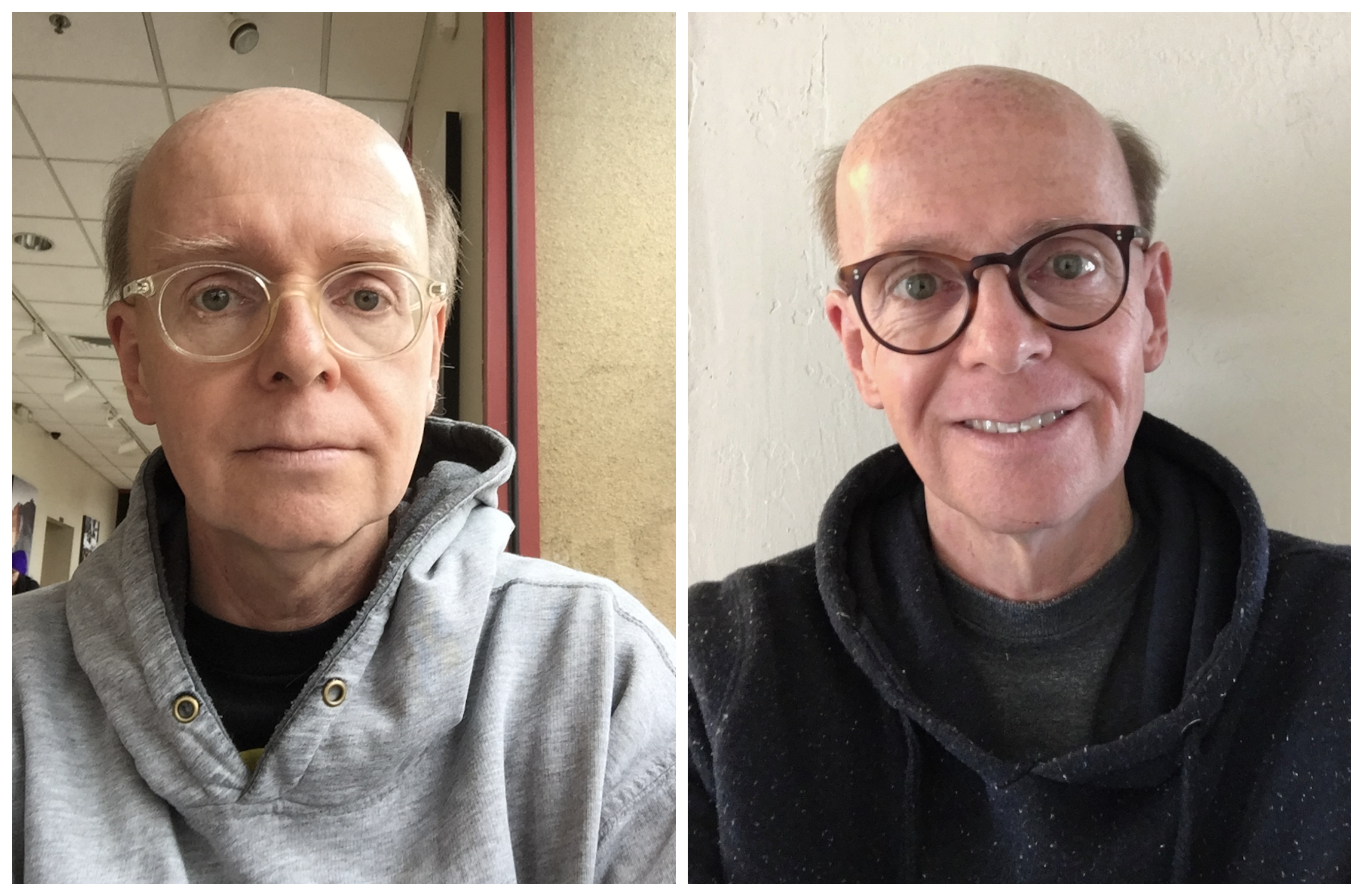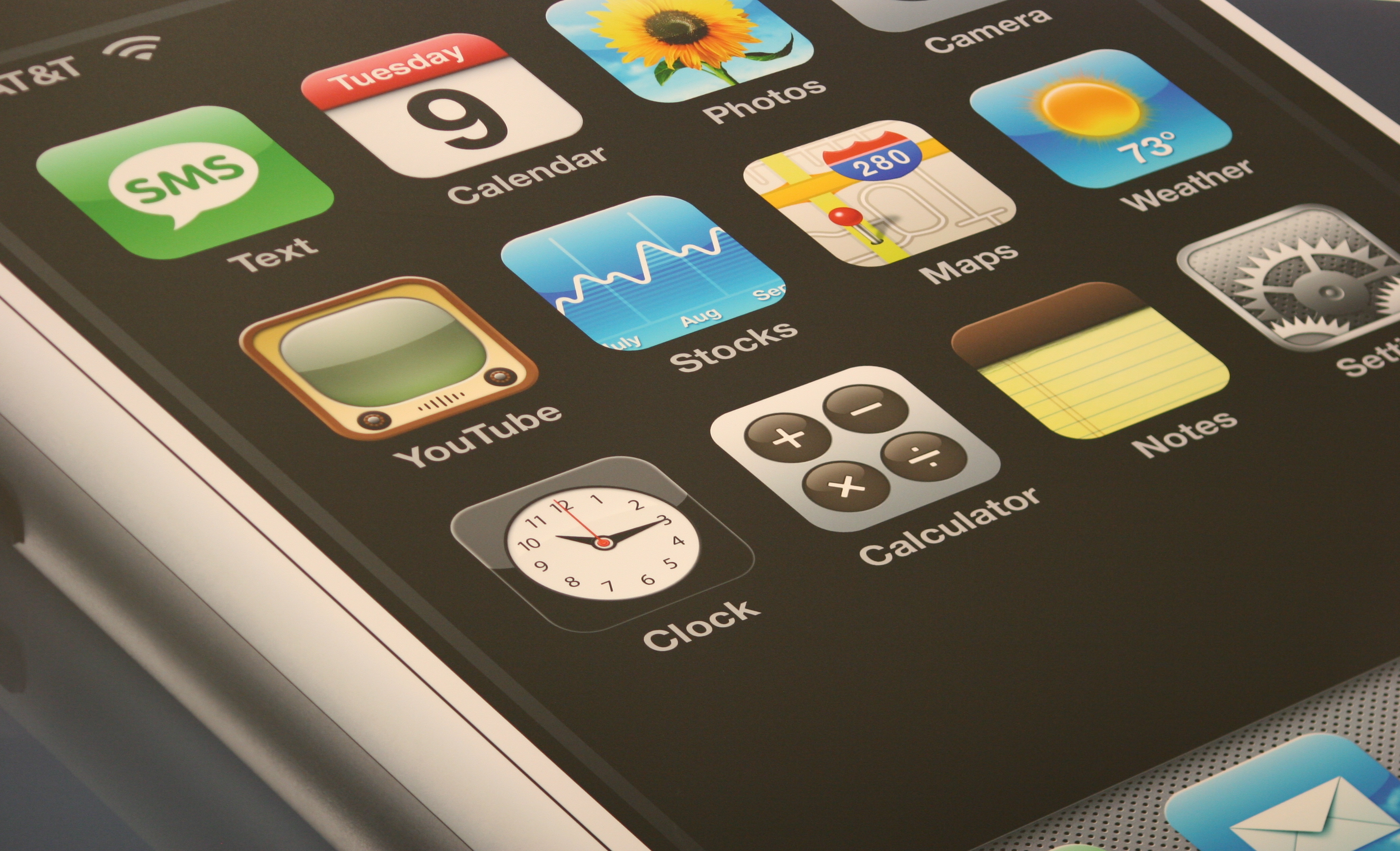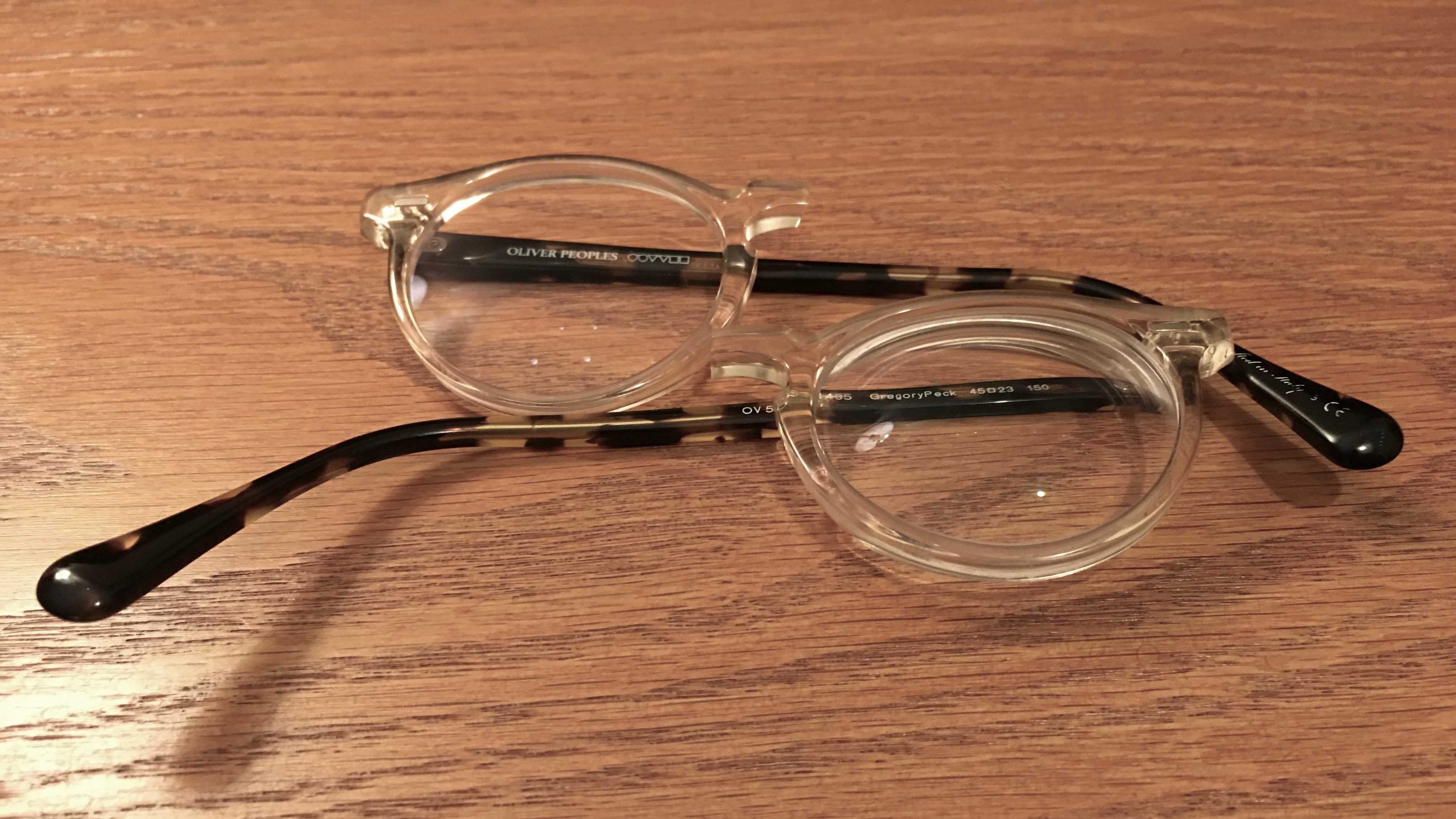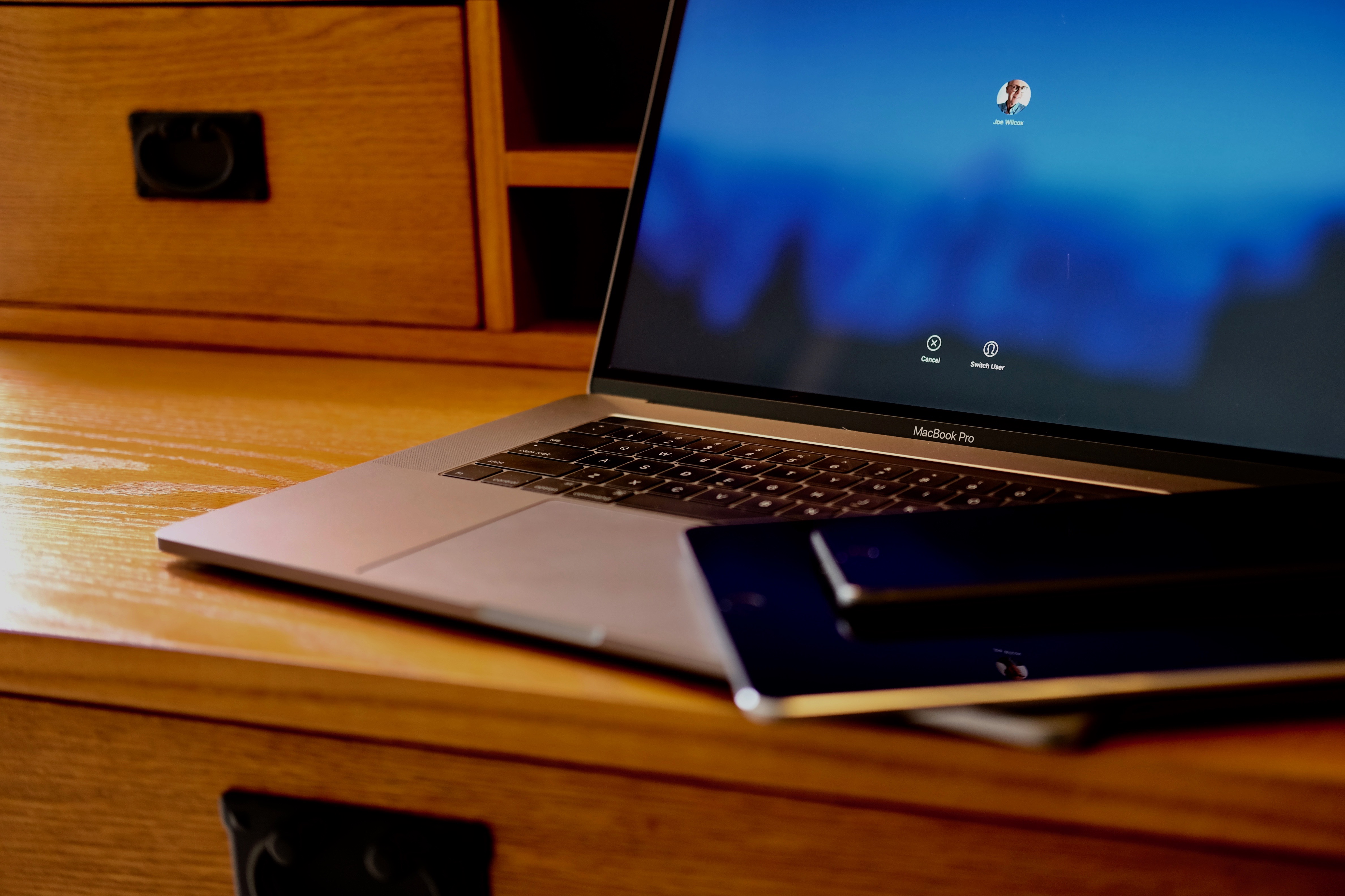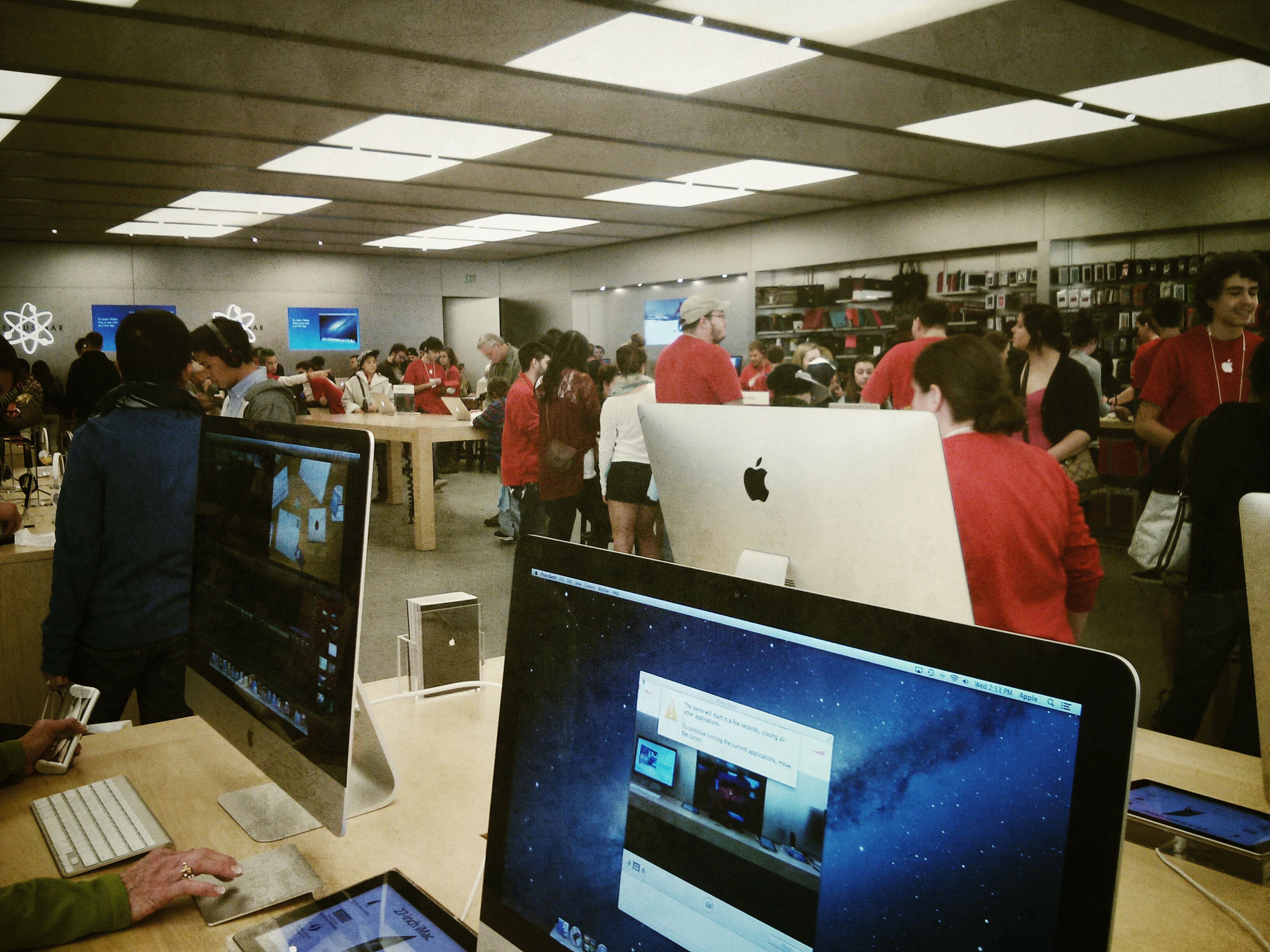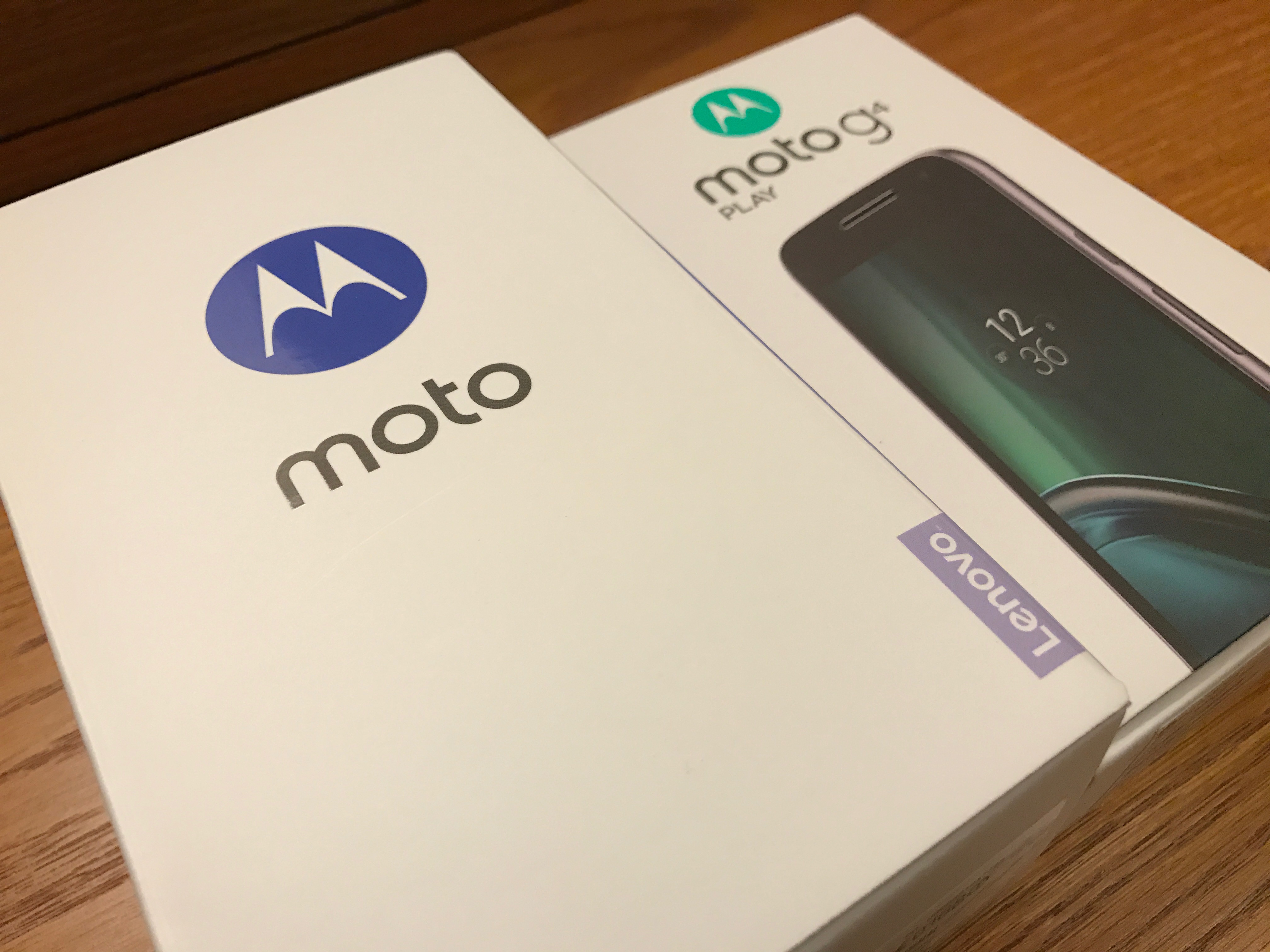Talk to long-time residents in the University Heights neighborhood and ask if they remember my father-in-law, when yes, the answer typically is the same: Riding his bicycle. A lanky man of advanced age makes a long-lasting impression—must be since he gave up the two-wheeler five years ago. Here, he rides a new bike down Cleveland Ave., on Nov. 13, 2008. At that time, he rode 1.5 km or more most every day—including jaunts down Washington Street that even I wouldn’t risk. By 2012, he switched to a pedal-electric hybrid. A few weeks before Thanksgiving that year, someone stole Bob’s bike from his apartment complex’s laundry room, after failing to get coins from the washing machines. He never rode again.
Today, my wife and I closed out her dad’s apartment. He died on Jan. 11, 2017, the month after reaching 95 years-old. The last item to go was his kitchen table and chairs, which I posted for free to Craigslist. I stared long at the smokey-glass top table, reminiscing, while waiting for the pickup. Anne or I spent most of our time visiting her dad seated there together. Somehow it’s fitting the dining furniture should be the last belongings to leave his place.
